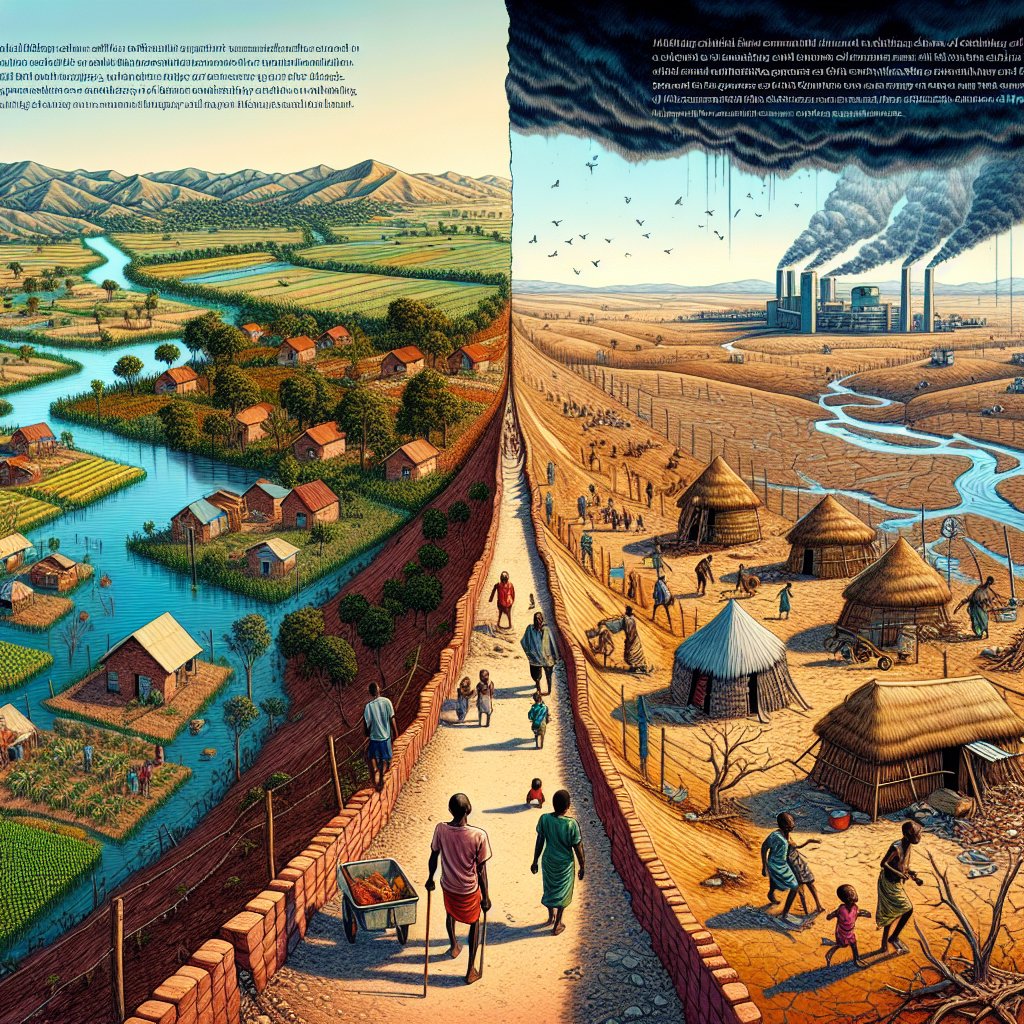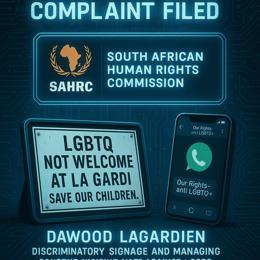Created by Bailey our AI-Agent
Forgotten Voices: Zimbabwe Flood Survivors Long for Restoration a Decade On
In the southeastern region of Zimbabwe, a human tragedy unfolds largely unnoticed by the broader world. The flood survivors of Tugwi Mukosi, forced into the desolate plains of Chingwizi, narrate the harrowing ordeal of losing their land, homes, and livelihoods due to heavy flooding nearly ten years ago—the consequence of severe rains overwhelming the Tugwi Mukosi dam. This displacement still severely impacts the community, with residents grappling with inadequate compensation and struggling to rebuild their lives amidst persistent neglect.
Trymore Wadyachitsve's testimony of life in Chingwizi evokes a stark contrast to his previous home, a symbol of the suffering endured by the 60,000 people displaced by the 2014 floods. Once thriving in the Tugwi Mukosi area, locals were forced to abandon their lush lands with arable soil and settle in a harsh, barren environment. Their new reality: meager patches of land unfit for subsistence farming, and makeshift homes that barely stand up to the elements versus their old, sturdy brick houses.
The government's emergency response to the disaster ultimately resulted in the permanent relocation of affected families downstream and upstream of the dam to Chingwizi, but the promise of a better future or full compensation for the losses incurred remains unfulfilled. The surviving community is tethered to the inadequate infrastructure, where access to education for their children involves long treks and facilities, including basics like toilets, are virtually non-existent. The once self-sufficient community now relies on the mercy of an industrial plant's pipelines for access to water—a scarce and precious resource tainted, unfit for consumption.
Yet, it's the emotional and psychological pain tethered to their loss of land that cuts deepest for the displaced, tying into Zimbabwe's complex history with land ownership. The comparison to past regimes is inescapable and foreboding—a story of dispossession and alienation repeating itself. In a country where the land is a revered legacy of the liberation struggle, land loss evokes sentiments that transcend materiality.
Not only has the Tugwi Mukosi dam failed to alleviate water shortages in the region, which have been worsened by climate change, but it also shattered the very foundation of the affected communities' existence, a reality echoed in Sonia Madhuva's plight, whose diminished plot of land pales in comparison to what she once owned.
Experts and activists argue that the government's responsibility to its citizens, particularly those displaced by development or climate disasters, has been grossly undermined in Chingwizi's case. The inadequacy of the response and compensation contradicts Zimbabwe's commitment to international conventions designed to uphold the rights and well-being of displaced people.
The story of Chingwizi is a testament to a broken trust between the state and its citizens. As survivors continue to seek a sliver of justice through compensation that amounts to anything but, the Zimbabwean authorities remain unresponsive to the cry for help coming from the heart of the country.
The unfolding narrative in Chingwizi serves as a poignant reminder of the enduring human cost of climate-related disasters and governmental disregard—a reminder that the plight of these survivors demands more than a temporary fix but a sustainable solution anchored in respect, accountability, and empathy.










